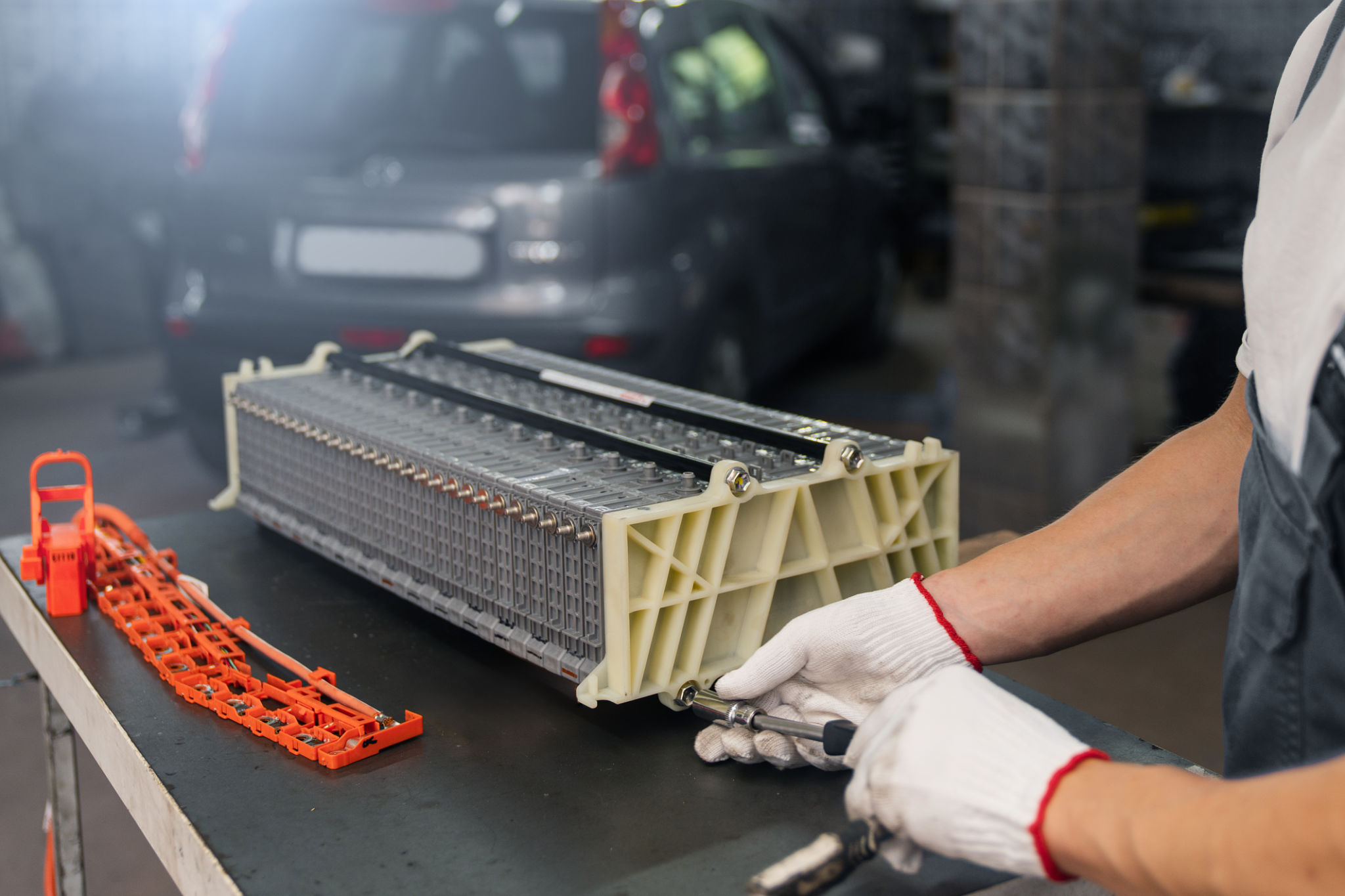DIY Fire Safety: Simple Tips for Regular Fire Alarm Maintenance in Surrey
Understanding the Importance of Fire Alarm Maintenance
Fire alarms are a crucial component of home safety, providing early warnings to help prevent disasters. Regular maintenance ensures they function effectively when needed most. In Surrey, where many homes are nestled among beautiful landscapes, the risk of fire can be significant. Taking the time to perform routine checks can safeguard your property and loved ones.
Many homeowners underestimate the importance of maintaining their fire alarms. While installation is the first step, consistent upkeep is essential to guarantee reliability. Let's explore some simple DIY tips to ensure your fire alarms are always in top condition.

Monthly Testing
How to Test Your Fire Alarm
Testing your fire alarm monthly is a straightforward task that can make a significant difference. To test your alarm, press the test button until you hear a loud siren. If the sound is weak or non-existent, it may be time to replace the batteries or the unit itself.
If you encounter any issues during testing, consult the manufacturer's manual for specific troubleshooting tips. Regular testing can help identify problems before they become critical.
Battery Replacement
When and How to Replace Batteries
Most fire alarms require battery replacement once a year, although some newer models may have longer-lasting batteries. It’s advisable to choose a memorable date, such as a birthday or holiday, to ensure you don’t forget this crucial task.
To replace the batteries, remove the alarm from its mounting bracket and replace the old batteries with new ones. Ensure you use the correct battery type as specified by the manufacturer.

Cleaning the Alarm
Removing Dust and Debris
Dust and debris can impair a fire alarm's functionality. Regular cleaning helps maintain its efficiency. Use a vacuum cleaner with a soft brush attachment to gently remove any dust from the exterior of the alarm. Avoid using water or cleaning solvents, as these can damage the unit.
For more thorough cleaning, consult the alarm's manual for specific instructions on opening the unit and accessing the internal components if necessary.
Replacing Old Alarms
Knowing When It's Time for a New Alarm
Fire alarms have a lifespan of about 10 years. After this period, their sensors may become less reliable, even if they seem to function correctly. Check the manufacturing date on the back of the unit to determine its age.
If your alarm is nearing the end of its lifespan, replace it promptly to ensure continued protection. Consider upgrading to a model with advanced features such as carbon monoxide detection for added safety.

Professional Inspection
When to Call an Expert
While DIY maintenance is effective for routine care, professional inspections can provide peace of mind. Experts can identify potential issues that might not be apparent to homeowners. Consider scheduling a professional inspection every few years, especially if you live in an older home or have made significant renovations.
By combining regular DIY maintenance with occasional professional checks, you can ensure your fire alarms offer optimal protection year-round.
